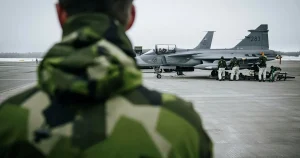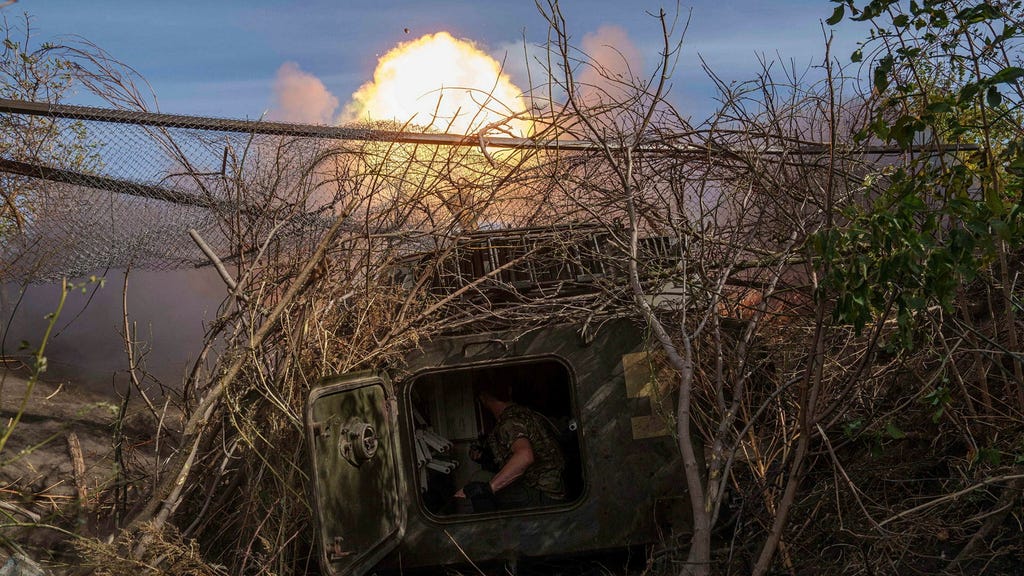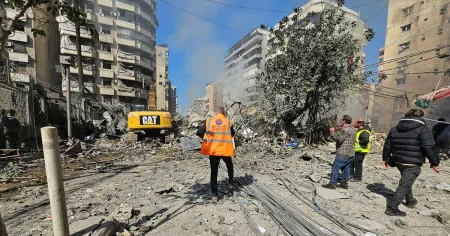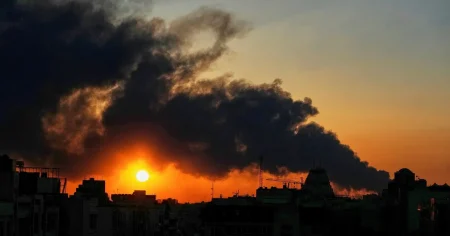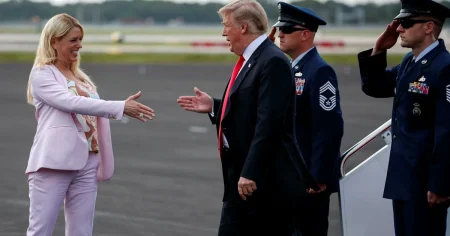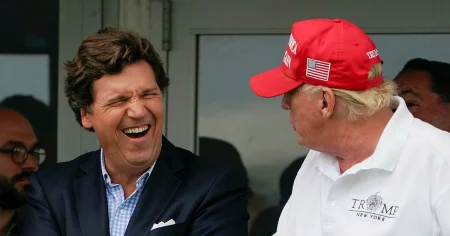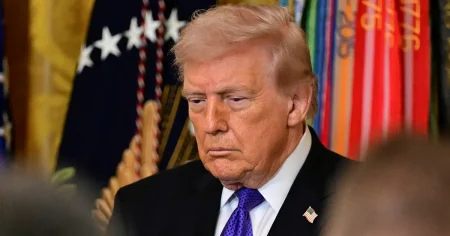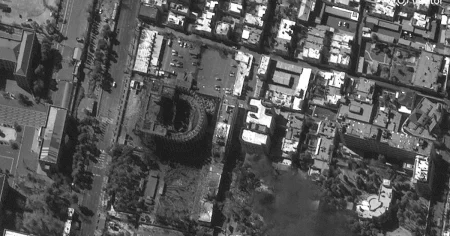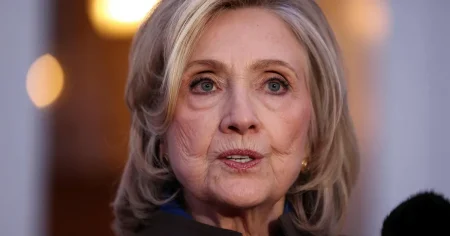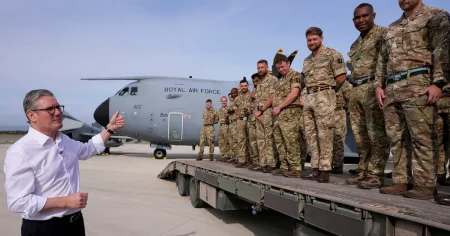The Ukrainian Struggle in Kursk: A Battle Against Time and Exhaustion
In August, Ukrainian forces ventured into the Russian region of Kursk, capturing portions of the territory. However, this initial success has been met with mounting challenges, as revealed by accounts from Ukrainian soldiers on the ground. The BBC has gathered testimonies from these soldiers, painting a picture of dwindling morale, exacerbated by harsh conditions, equipment shortages, and relentless Russian bombardments leading to chronic sleep deprivation. The soldiers express a desperate need for relief, yet the incoming replacements are insufficient in number and equally exhausted from their arduous journeys between frontlines. This paints a stark picture of the physical and mental strain on Ukrainian troops.
The tide of battle seems to be turning against the Ukrainian forces. Russia is gradually reclaiming lost ground, with Ukraine having already forfeited approximately 40% of the territory gained in August. This reversal of fortune underscores the grueling nature of the conflict and the challenges faced by the Ukrainian military. A sense of foreboding pervades the ranks, with one soldier, identified as Pavlo, communicating via Telegram to the BBC on November 26th, predicting the continuation of this downward trend. His message, "This trend will continue. It’s only a matter of time," encapsulates the grim reality facing the Ukrainian troops in Kursk.
A key factor influencing the Ukrainian strategy appears to be the impending change in US leadership. Soldiers reveal they’ve been instructed to hold onto as much territory as possible until Donald Trump’s inauguration on January 20th. The underlying logic, as articulated by Pavlo, is to maintain leverage for potential negotiations: "Our main task is to retain maximum territory until Trump’s inauguration and negotiations begin. To exchange it for something later. Nobody knows what." This strategy raises questions amongst the troops about the rationale of fighting on Russian soil rather than prioritizing the defense of their own territory. The soldiers’ unease about the larger strategic goals underscores the pressure they face and the uncertainty of the future.
The looming US presidential transition appears to be a significant factor in the calculations of both sides. Experts suggest that both Ukraine and Russia are striving to secure maximal territorial gains before the inauguration, aiming to bolster their negotiating positions. After nearly three years of intense conflict, Ukraine is showing signs of exhaustion. Public sentiment increasingly favors territorial compromise in exchange for security guarantees, reflecting a war-weariness among the populace. Ukrainian President Zelenskyy has hinted at the influence of the upcoming US power shift on both nations’ strategies, as reported by The Guardian in late November. Zelenskyy’s remark, suggesting Putin’s desire to demonstrate control by pushing Ukrainian forces out by January 20th, highlights the perceived political motivations at play.
Donald Trump’s assertion of his ability to swiftly end the war, albeit without specifying a method, introduces further uncertainty into the equation. His appointed Ukraine envoy, Keith Kellogg, advocates for freezing the frontlines and compelling negotiations, a strategy that aligns with the apparent instructions given to the Ukrainian troops in Kursk. President Zelenskyy has indicated a willingness to consider a frontline freeze as a preliminary step towards a broader agreement, contingent on support from partners, sufficient long-range weaponry, and a NATO invitation. These conditions reflect Ukraine’s desire for security assurances and the ability to defend itself in the future.
A pre-election assessment from a security source, reported by The Guardian, likened negotiating with Trump to "a trip to the casino" for Ukraine, highlighting the perceived risks involved. This analogy vividly illustrates the uncertainty and potential dangers of negotiating with an unpredictable figure. However, the source also acknowledged the pervading exhaustion and the resulting willingness to accept risks in the pursuit of peace. This sentiment further underscores the difficult choices facing Ukraine as it grapples with the ongoing conflict and the uncertain political landscape. The soldier’s accounts and the expert analysis point to a complex and volatile situation, where the physical realities of the battlefield intersect with the political calculations of both sides, all under the shadow of the upcoming US presidential transition.




